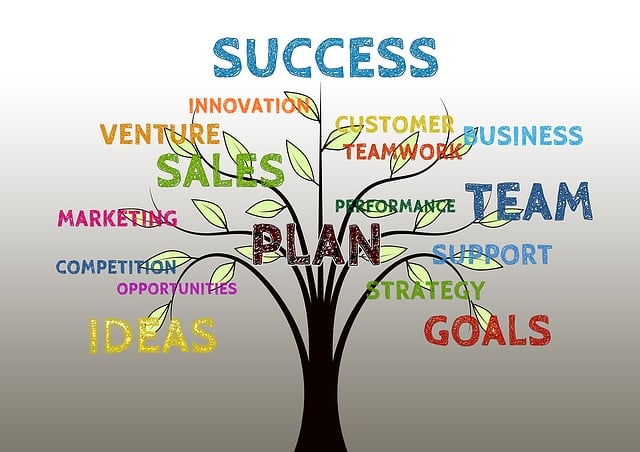Mastering assertiveness and collaboration is crucial for success in the competitive Real Estate market. Assertiveness enables agents to effectively communicate client needs, negotiate complex deals, and advocate for their interests. Collaboration fosters open dialogue, teamwork, and shared goals, driving innovative solutions, boosting client satisfaction, and building robust referral networks. Integrating these skills seamlessly allows agents to close deals faster, enhance industry reputation, and ensure long-term success, fostering trust among clients and peers.
In the dynamic world of real estate, balancing assertiveness and collaboration is key to success. Assertiveness fosters strong client relationships and effective communication, while collaboration drives innovative solutions and team synergy. This article explores these two essential aspects, highlighting their mutual benefits in driving efficient transactions and fostering positive work environments. Learn practical strategies to cultivate a culture where both elements thrive, elevating your real estate practice to new heights.
Understanding Assertiveness and Collaboration in Real Estate

In the realm of real estate, understanding assertiveness and collaboration is paramount for achieving success. Assertiveness involves clearly communicating one’s needs, opinions, and rights while respecting others. In this dynamic industry, agents must be assertive to negotiate favorable deals, advocate for their clients’ interests, and navigate complex market conditions. Effective assertiveness ensures that agents can confidently represent their customers, stand up for their positions, and make informed decisions.
Collaboration, on the other hand, is about working together towards common goals. In real estate, collaboration fosters a harmonious environment where agents, brokers, and clients can pool their expertise and resources. By collaborating, they can offer comprehensive solutions, share insights, and create win-win situations. This teamwork enhances client satisfaction, facilitates smoother transactions, and paves the way for building lasting professional relationships in this competitive sector.
The Benefits of Balancing These Two Key Aspects

In today’s dynamic Real Estate landscape, assertiveness and collaboration are two critical skills that can elevate agents to new heights of success. Balancing these two aspects allows professionals to navigate complex deals with ease while fostering strong relationships with clients and peers. Assertiveness enables agents to communicate their ideas clearly, negotiate effectively, and stand up for their clients’ interests. Collaboration, on the other hand, encourages open communication, teamwork, and shared goals, leading to innovative solutions and enhanced client satisfaction.
By seamlessly integrating these skills, Real Estate professionals can close deals faster, build a robust network of referrals, and create win-win situations for all parties involved. This harmonious blend promotes a positive reputation in the industry, ensuring long-term success and fostering a culture of trust among clients and colleagues.
Strategies to Cultivate a Collaborative Yet Assertive Environment

In the dynamic world of Real Estate, fostering a collaborative yet assertive environment is key to success. To achieve this balance, agents can employ several strategies. Firstly, open and transparent communication is essential. Encourage regular team meetings where everyone shares insights, goals, and concerns freely. This creates an atmosphere of mutual respect and understanding, allowing for more productive discussions.
Additionally, setting clear expectations and boundaries goes a long way. Define roles and responsibilities within the team, ensuring each member knows their value. Simultaneously, establish assertive communication norms, encouraging individuals to express their opinions and negotiate respectfully. Regular training sessions on active listening, conflict resolution, and assertiveness can help refine these skills, ultimately enhancing teamwork and driving better outcomes in client interactions.






